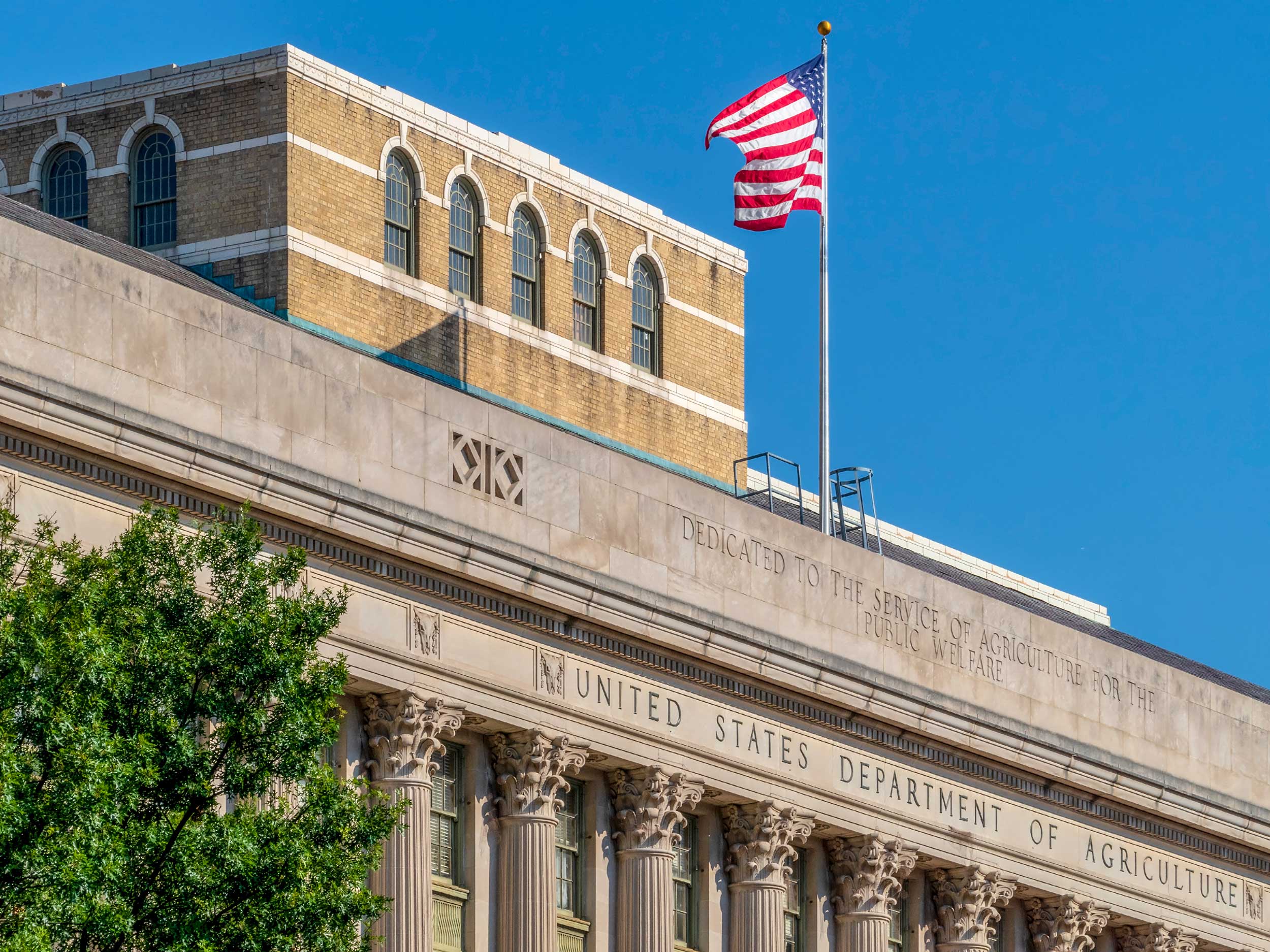AGCO Corporation has kicked off the 2025 Massey Ferguson Sowing Good Deeds contest. Now in its ninth year, the contest is intended to recognize charitable services, civic involvement, and educational activities of local Professional Rodeo Cowboy Association (PRCA) rodeo committees to their schools, towns, and their local ag communities.
Nominations for 2025 are now open and will run through October 3. Finalists will be announced October 24, with the grand prize winner named at the PRCA Awards Banquet in Las Vegas on December 3.
The winning rodeo committee will receive a new Massey Ferguson tractor with loader, valued at over $60,000, as part of the prize package.
Sowing Good Deeds is open to all PRCA-sanctioned rodeo committees within the contiguous 48 states and District of Columbia, regardless of size. Participants are evaluated on their commitment to community involvement, entrepreneurial spirit and ability to adapt to challenges and overcome adversity. Entries consist of a series of essays describing the rodeo committee’s local impact through volunteer efforts, community initiatives and projects, efforts to initiate change within their community, and how they overcome challenges to build a stronger, more sustainable organization.
Nomination forms, as well as full official rules, can be found on this page.

“Rodeos play a crucial role in the cultural and economic landscape of America, yet they often go underappreciated,” said Matt LeCroy, a sales director with for Massey Ferguson North America. “These groups dedicate themselves to uplifting their communities — not only by boosting local economies but also by supporting agricultural youth programs like FFA and 4-H, which are essential to the future of our industry.”
Previous winners of this contest were:
- 2024: California Rodeo Salinas, Salinas, California Read the Release
- 2023: Gunnison Cattlemen’s Days Rodeo, Gunnison, Colorado
- 2022: Reno Rodeo, Reno, Nevada
- 2021: Burke Stampede, Burke, South Dakota
- 2020: Caldwell Nights Rodeo, Caldwell, Idaho
- 2019: Santa Maria Elks Rodeo, Santa Maria, California
- 2018: Sikeston Rodeo, Sikeston, Missouri
- 2017: Clovis Rodeo, Clovis, California








